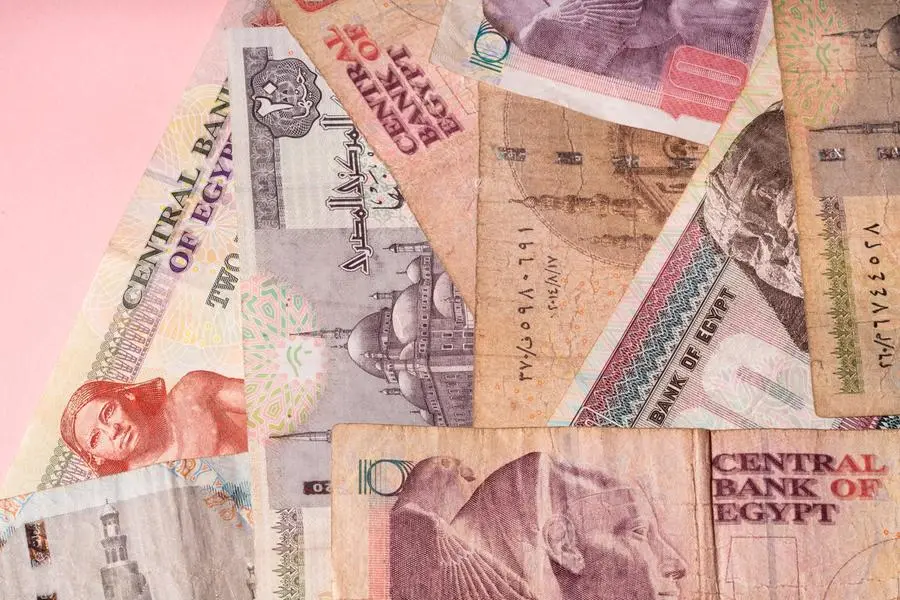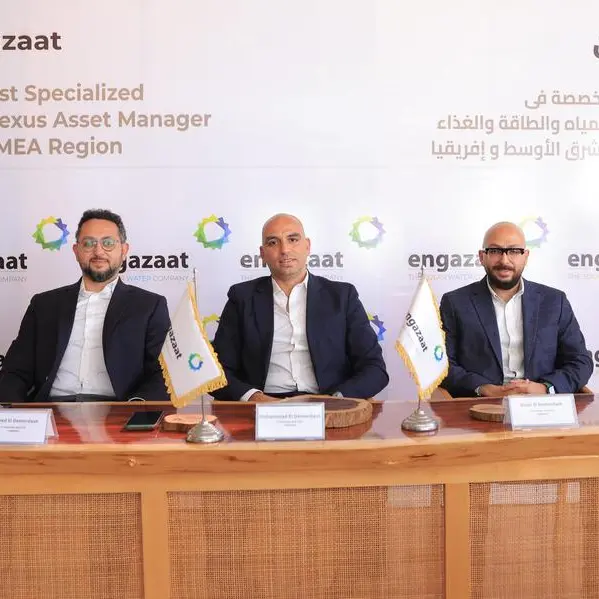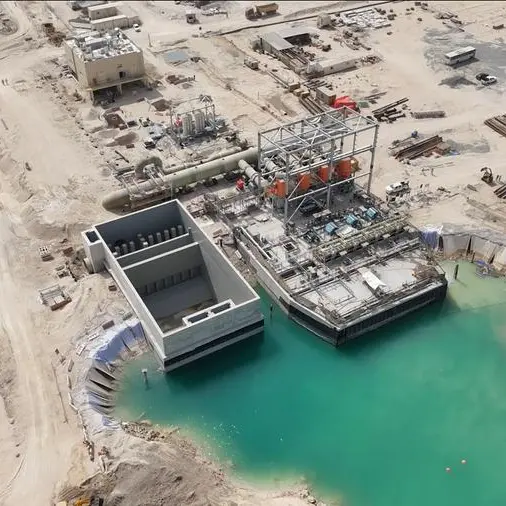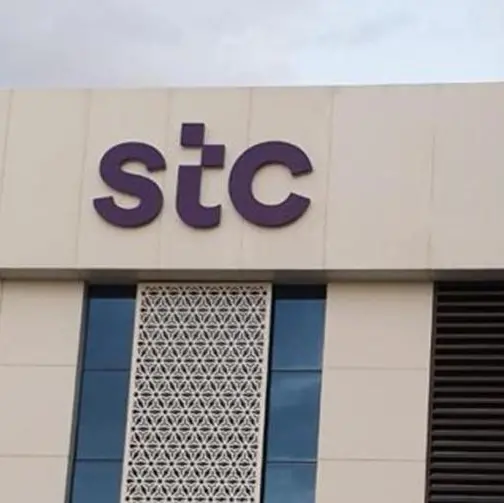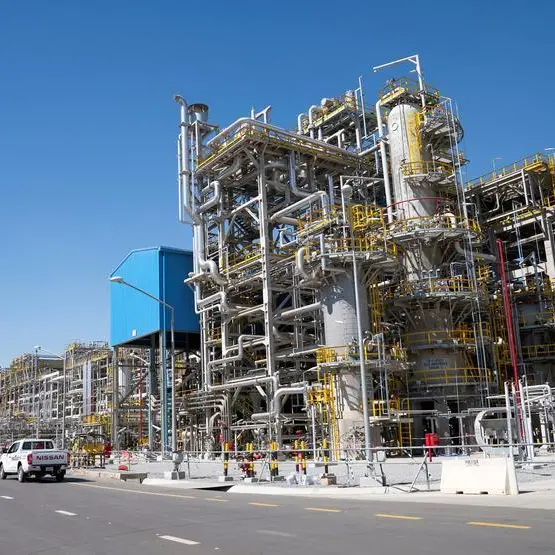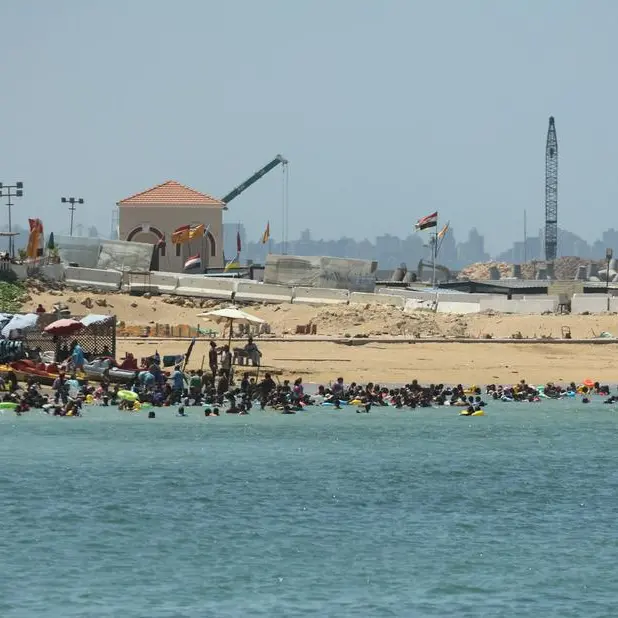PHOTO
Egypt expects its private sector to pump nearly 1.94 trillion Egyptian pounds ($40 billion) during the next fiscal year, buoyed by a set of incentives it had introduced over the past two years within reforms proposed by the International Monetary Fund (IMF).
The Arab nation has tailored its 2025-2026 fiscal year, which starts on July 1, on a record investment of EGP3.5 trillion ($72 billion).
Capital expenditure in the next fiscal year is way above the current year’s budgeted investments of EGP2.6 trillion ($53 billion) and the 2023-2024 actual investments of around EGP1.8 trillion ($37 billion).
Finance Ministry figures published by Al-Ahram news network and other local outlets on Monday showed the targeted investments in the coming budget account for as high as 17 percent of the projected GDP against 15 and 13 percent in the previous two years.
“Private investments are projected at around EGP1.94 trillion, which accounts for nearly 63 percent of the total investments...public investments are expected at 37 percent, which reflects the government’s strategy to spur the private sector,” the report said.
Egypt has said it would set a ceiling on public investments of EGP 1 trillion ($20 billion) in its budgets to encourage the private sector to invest in more projects and expand its contribution to the economy.
Planning, Economic Development and International Cooperation Minister Rania Al-Mashat said this year the new policy, which was approved by the cabinet, has already boosted private investment activity as there has been an increase in banks’ credit to the local private sector in the first quarter of the current fiscal year.
Al-Mashat said public investment swelled by about 6.3 percent during 2023-2024 but remained at around EGP 926 billion ($19 billion).
(1 US Dollar = 49.97 Egyptian Pounds)
(Writing by Nadim Kawach; Editing by Anoop Menon)
Subscribe to our Projects' PULSE newsletter that brings you trustworthy news, updates and insights on project activities, developments, and partnerships across sectors in the Middle East and Africa.
